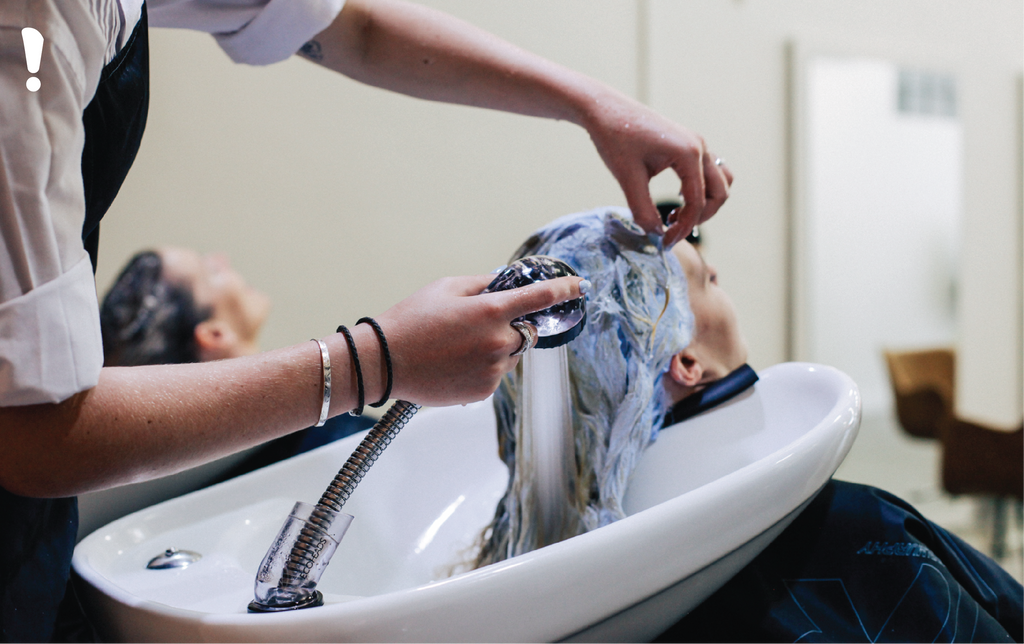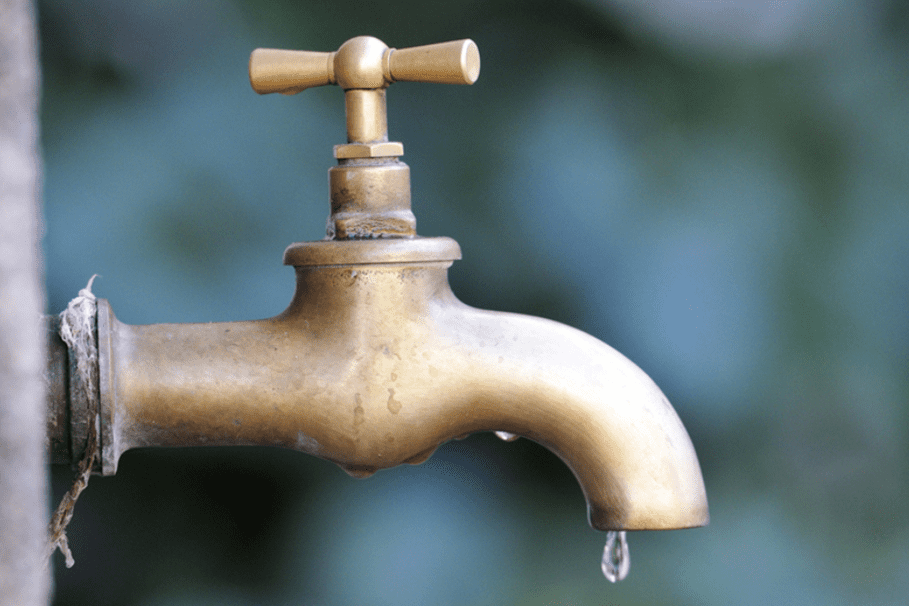Top 5 Winterizing Hacks to Ensure Your Pipes Survive the Cold
Top 5 Winterizing Hacks to Ensure Your Pipes Survive the Cold
Blog Article
Are you trying to locate advise about Winterizing Your Pipes?

All homeowners that reside in pleasant climates must do their ideal to winterize their pipes. It is something you have to do throughout autumn prior to deep winter season truly starts. Failure to do so can mean calamity like frozen, cracked, or ruptured pipes. Below are some useful winterizing hacks to keep your plumbing system protected even if the weather condition outside is terrible.
Turn On the Faucets
When the temperature level drops as well as it appears as if the cold temperature will last, it will certainly help to turn on your water both inside your home as well as outdoors. This will certainly maintain the water flowing via your plumbing systems. You'll finish up wasting gallons of water this way.
Open Cupboard Doors Hiding Plumbing
When it's cool outside, it would certainly be practical to open up closet doors that are camouflaging your pipes. They can be somewhere in your cooking area or shower room. This will certainly enable the warm air from your heating unit to circulate there. As a result, you prevent these revealed pipes from cold. Doing this little technique can keep your pipelines cozy as well as restrict the potentially unsafe outcomes of freezing temperature levels.
Take Time to Cover Exposed Pipeline
One simple and clever hack to warm up frigid pipes is to cover them with warm towels. You can additionally use pre-soaked towels in warm water, just do not forget to put on protective handwear covers to safeguard your hands from the warm.
Attempt a Hair Dryer or Heat Weapon
When your pipes are nearly freezing, your dependable hair dryer or warmth gun is a godsend. Bowling warm air directly right into them might help if the hot towels do not aid remove any kind of clearing up ice in your pipelines. However, do not utilize various other things that produce direct flames like a blow lantern. This can lead to a larger disaster that you can not regulate. You may end up destructive your pipes while attempting to melt the ice. And over time, you might even end up melting your house. So be cautious!
Shut down Water When Pipelines are Frozen
Shut off the primary water valve quickly if you discover that your pipelines are entirely icy or virtually nearing that stage. You will typically discover this in your cellar or laundry room near the heater or the front wall closest to the street. Turn it off right now to stop more damages.
With more water, even more ice will certainly load up, which will ultimately lead to rupture pipes. If you are uncertain about the state of your pipelines this wintertime, it is best to call an expert plumber for an evaluation.
All property owners who live in pleasant environments should do their best to winterize their pipelines. Failing to do so can mean calamity like icy, split, or burst pipelines. If the hot towels do not help dislodge any resolving ice in your pipelines, bowling warm air directly into them may aid. Turn off the major water valve right away if you notice that your pipelines are totally frozen or virtually nearing that stage. With even more water, more ice will stack up, which will eventually lead to break pipelines.
PREVENT YOUR PIPES FROM FREEZING THIS WINTER
A Leading Cause of Property Damage
When the weather is taking a deep nose dive into the cold dreary days, the risk of your pipes freezing and potentially bursting skyrockets. Unfortunately, during these cold dreary months, burst pipes are the most common denominator for property damage. The pipes that are most at the risk are those that are in areas where it is most cold in your home. For instance, pipes located in interior places such as basements, attics, and your garage. Unfortunately, that doesn’t mean that the pipes running through your cabinets or exterior walls can’t freeze. Good news, however, is that you can do things to help prevent pipes from freezing.
How to Prevent Pipes From Freezing
Once the temperature starts to drop during the winter, you should be taking the proper measures needed to ensure that your pipes stay warm and that there is circulation of water through them. Some steps that experts may recommend could go against your better judgement when it comes to saving water and heat. However, it would go without saying that when expenses are compared, damaged pipes could put a bigger dent in your wallet than a water bill.
What Can I Do?
Keep your garage door closed. This is very important, especially if you have water supply lines running through your garage. Open your kitchen and bathroom cabinets to allow warm air to circulate through them. Allow air circulation throughout your home. Keeping the interior doors open will once again allow the warm air to circulate inside your home. Ensure your thermostat is running the same temperature throughout the night and day. If you plan to be away from home during the cold months, set your temperature no lower than 55° F. This should provide enough heat to keep the pipes warm and prevent any remaining water inside the pipes from freezing. For more of a long-term solution, add insulation to attics, basement, and other crawl spaces around your home. By allowing your faucet to drip, it will alleviate pressure in the system. This is important because the pressure that is created between the blockage and the faucet can potentially cause the pipes to burst. Allowing the faucet to drip will prevent the pressure from building up, therefore keeping the pipes from bursting. Seal any cracks, openings, and crawl spaces around your home to prevent cold air from coming inside. This keeps your pipes-not to mention your home-warmer and less susceptible to issues caused by freezing temperatures. For the pipes in your home that are easily accessible, applying electrical tape to them might prevent them from freezing over. This is a quick fix, as you can apply the tape directly to the pipe. There are two options for heating tapes. One turns on and off by itself when it senses heat is needed. The other type of heating tape needs to be applied when heat is needed and removed when not necessary. If you have exposed pipes in your home, you can check this website to take a look at a few options that would be available at a shop near you.

As an avid person who reads on How to Prevent Frozen Pipes, I thought sharing that post was sensible. Do you know about somebody who is curious about the niche? Please feel free to promote it. Thank you for taking the time to read it.
Find Out More Report this page